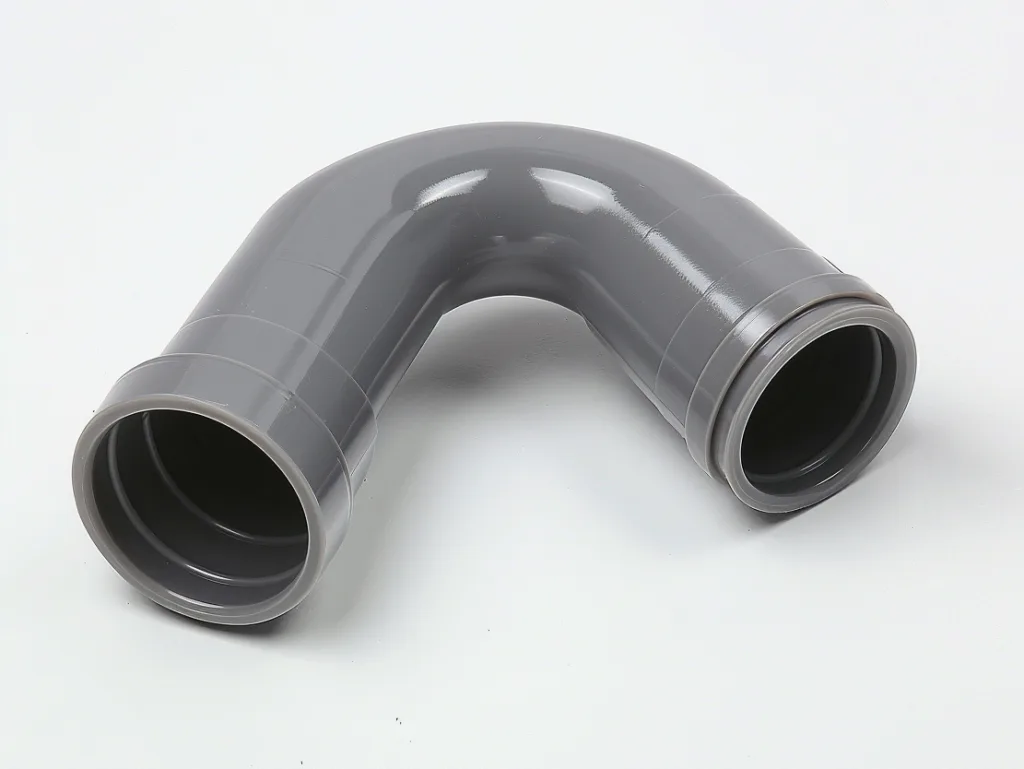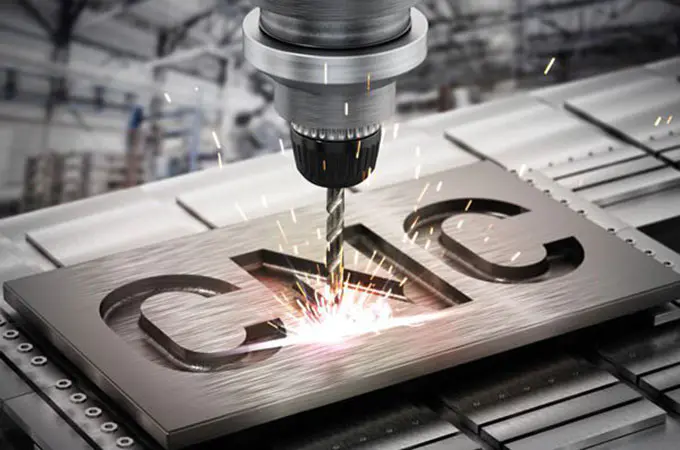Home » PVC

PVC
Material Type
Plastic
Material Full Name
Polyvinyl Chloride
Process Compatibility
Compression Molding, Injection Molding, Extrusion Molding,
PVC Bonding Plastic, PVC Bonding Metal, CNC Machining
List of Plastic Material
List of Elastomer & Rubber
List of Metal Material
Custom Moulded PVC Solution
Serving industries such as transportation, construction, healthcare, electronics, and aerospace, our products include protective sleeves, overmolded components, seals, and housings. We provide custom compound formulation and PMS color matching, supporting both small-batch prototyping and mass production with strict quality control.
Start A New Project Right Now!
PVC Description
Price
Strength
Durability, chemical resistance, lightweight, and low cost
Weakness
Common Application
Gears, pumps and pump impellers, fan and blower blades, automotive switches, electrical switch components, buttons, knobs
Flexible PVC vs. Rigid PVC
| Property | Plasticized (Flexible) PVC | Unplasticized (Rigid) PVC |
|---|---|---|
| Density | 1.3 - 1.7 g/cm³ | 1.35 - 1.5 g/cm³ |
| Shore Hardness D | 15-70 | 65-90 |
| Min Temp. Air | -40~-5°C | -10~1°C |
| Max Temp. Air | 50-80 °C | 50-80 °C |
| Flammabilitiy, UL94 | HB | V0 |
| Elongation at Break | 100-400% | 25-80% |
Pros and Cons of Flexible PVC & Rigid PVC
| Strength | Weakness | |
|---|---|---|
| Flexible PVC |
1. Bend and flex without breaking;
2. Resistant to impact and abrasion. |
1. Lower mechanical strength and dimensional stability;
2. Prone to plasticizer migration |
| Rigid PVC |
1. Higher mechanical strength;
2. Dimensional stability. |
1. Lacks the flexibility and impact resistance;
2. Pprone to cracking under certain conditions |
*Please Note: Material properties are for reference only and may vary by brand.
How Additives Improve PVC Properties?
PVC can be modified to enhance its properties or adapt it to specific applications with injection molded pvc, When adding additives to PVC, it’s essential to consider their compatibility and potential impact on the material’s properties.
- Plasticizers can increase its flexibility and resilience.
- Impact modifiers improves the impact resistance of PVC, reducing its tendency to fracture or shatter.
- Stabilizers can prevent degradation caused by heat, light, or chemical exposure.
- Flame retardant additives in PVC formulations improves its fire resistance
Get Molded PVC Parts with Zhongde
FAQs of PVC Materials
Is PVC material recyclable?
Is PVC material toxic?
Can PVC be used for outdoor applications?
It is easy to fill the form.
Better Quality, Faster Delivery
Upload your design drawing and all uploads are secure and confidential!


